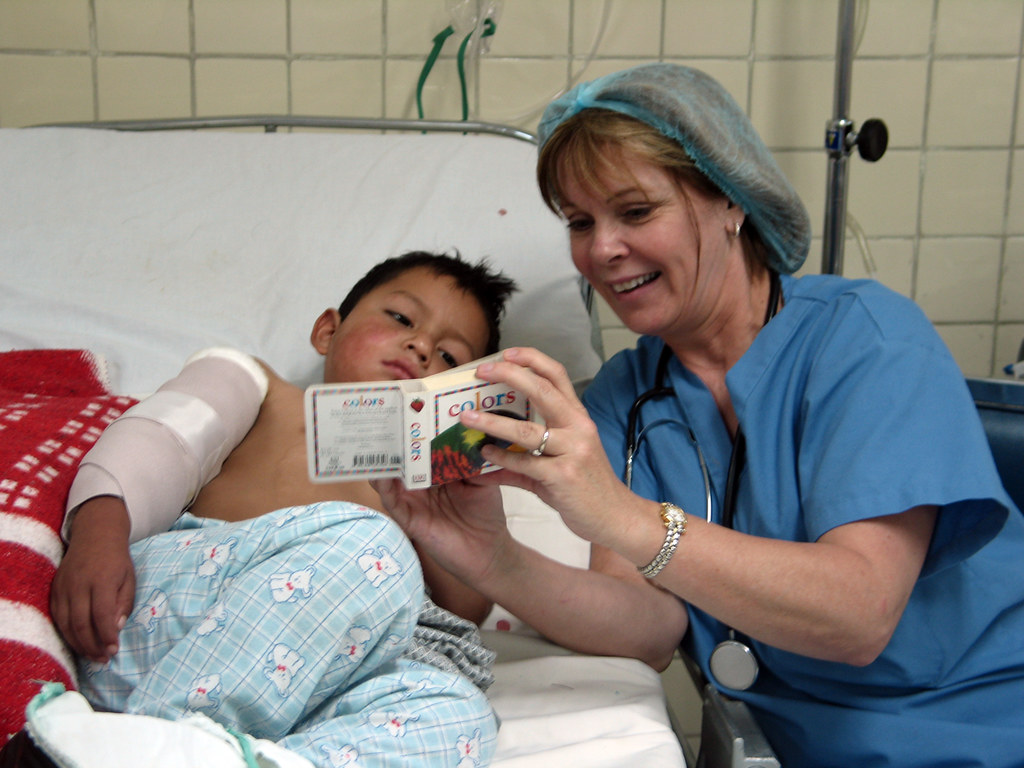Upon meeting the new children I was babysitting, the little girl Elason immediately asked me if I brought my stethoscope. Her mom had told her that I was a medical student. In the eyes of Elason and Kaje, that made me a superhero. It didn’t matter that I was at the bottom of the food chain in the medical world.
Unfortunately, my stethoscope was not in my bag that day. But that did not prevent them from asking me questions about what it is like to be a doctor and how the body works.
“What?! Food turns into poop! That’s so cool. So red food and blue food and green food turns brown?! And comes out of my butt! What about pee? Why is pee yellow? I need to know everything!” I have never seen someone as happy as a four-year-old boy learning about poop.
They reminded me why I wanted to pursue medicine in the first place. Everyone is fascinated with the human body and loves learning about their inner-workings, not just those in the medical field.
The next time I babysat for them, I remembered my stethoscope. I let them listen to each other’s heartbeats. They initially thought the stethoscope made the sound, not their hearts.”What do you mean that sound is my heart? It’s not this ‘tethapost’?” They were wide-eyed and open-eared, hitting their legs to the beat.
Frequently, heartbeats are associated with the misery of going to the doctor or are something that you have to get checked out because there may be some sort of pathology. But in this case, the “lub-dub” resulted in pure joy and an even greater passion for learning.
Something Elason said stuck with me though — “I wish they taught us stuff like this in school. It’s so cool!” As someone who has always had a passion for learning and remembers her “Health is Wealth” days of elementary school, which discussed healthy eating and fire safety, I was saddened by the idea that students nowadays were not being exposed to health education.
As a future pediatrician, I want children to be excited about their bodies. Teaching them about their bodies and getting them involved in their own healthcare not only gives them a greater sense of responsibility, but may inspire someone who previously thought that being a doctor was out of reach.
The day after I showed Elason a video on the gastrointestinal system, she had gone to her first-grade class and told them how the small intestine is 22 feet long. She had decided that this was the “greatest, most interesting, craziest” fact ever. In expressing passion for the subject, and sharing it with all her friends, her teacher actually asked me to come in and give a quick lesson to the rest of her class. By the time I finished teaching room 107 about the teamwork between their bones and muscles, I could tell that they all had a great time learning about how the body works.
This experience reminded me that the medicine of MS1, filled with biochemical pathways and distinct organ systems, is not the medicine that we will be practicing for the rest of our lives. We will be educating patients on how to care for themselves and their bodies.
After talking with some pediatricians and other pediatric literacy experts, I decided to create a health curriculum that is now being implemented into elementary schools across the state of Delaware. Luckily, I have two kids more than willing to be my test subjects.
Despite first-year’s grueling hours in the library, I stepped from school buildings to pillow forts and playhouses, from textbooks to picture books. I felt human again. Sharing how the body works is a way to inspire the next generation of future doctors. Though they might be young, they are the ones who are going to continue to change education, health care and the world.
Image credit: PACU Nurse (CC BY-NC-ND 2.0) by ReSurge International

